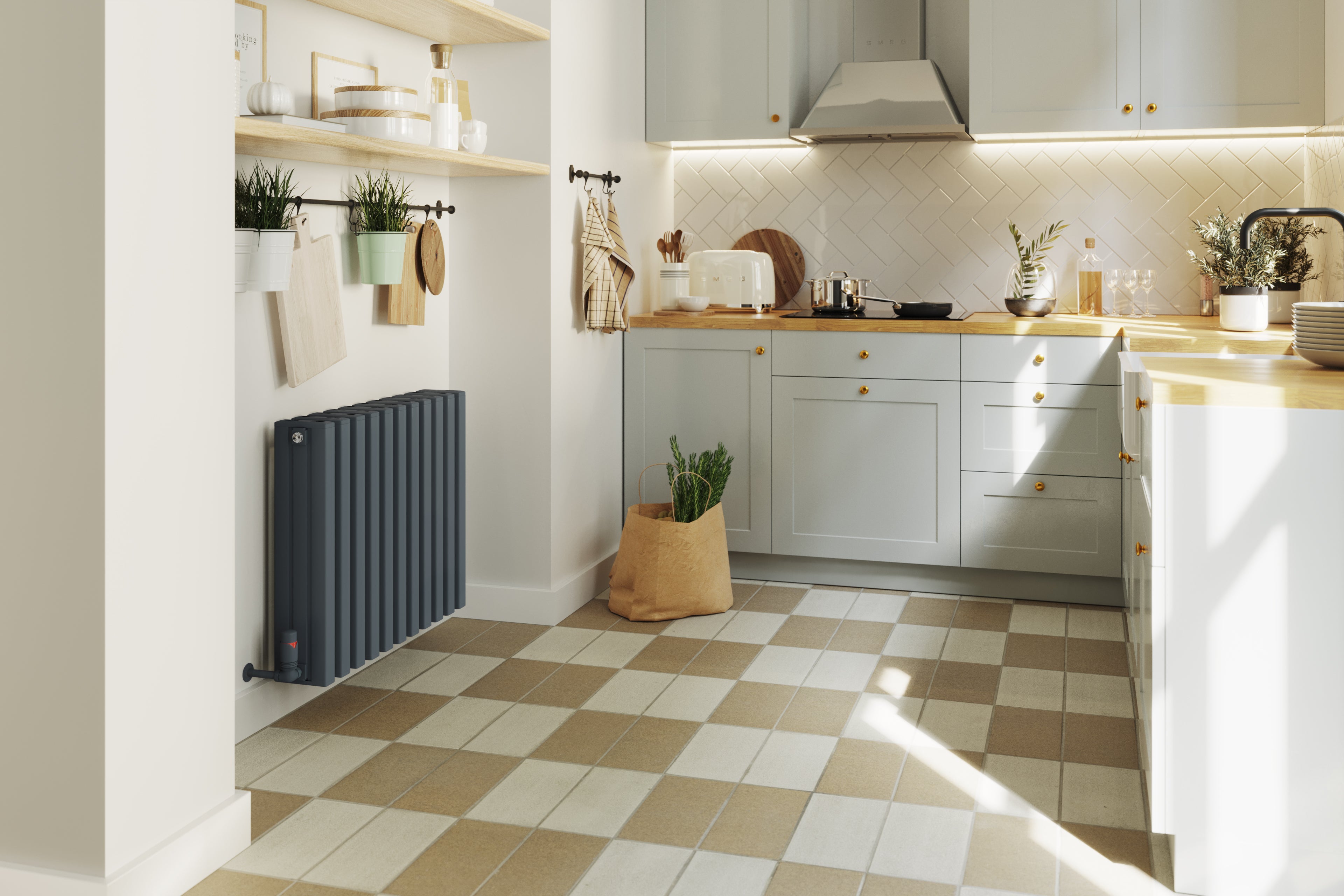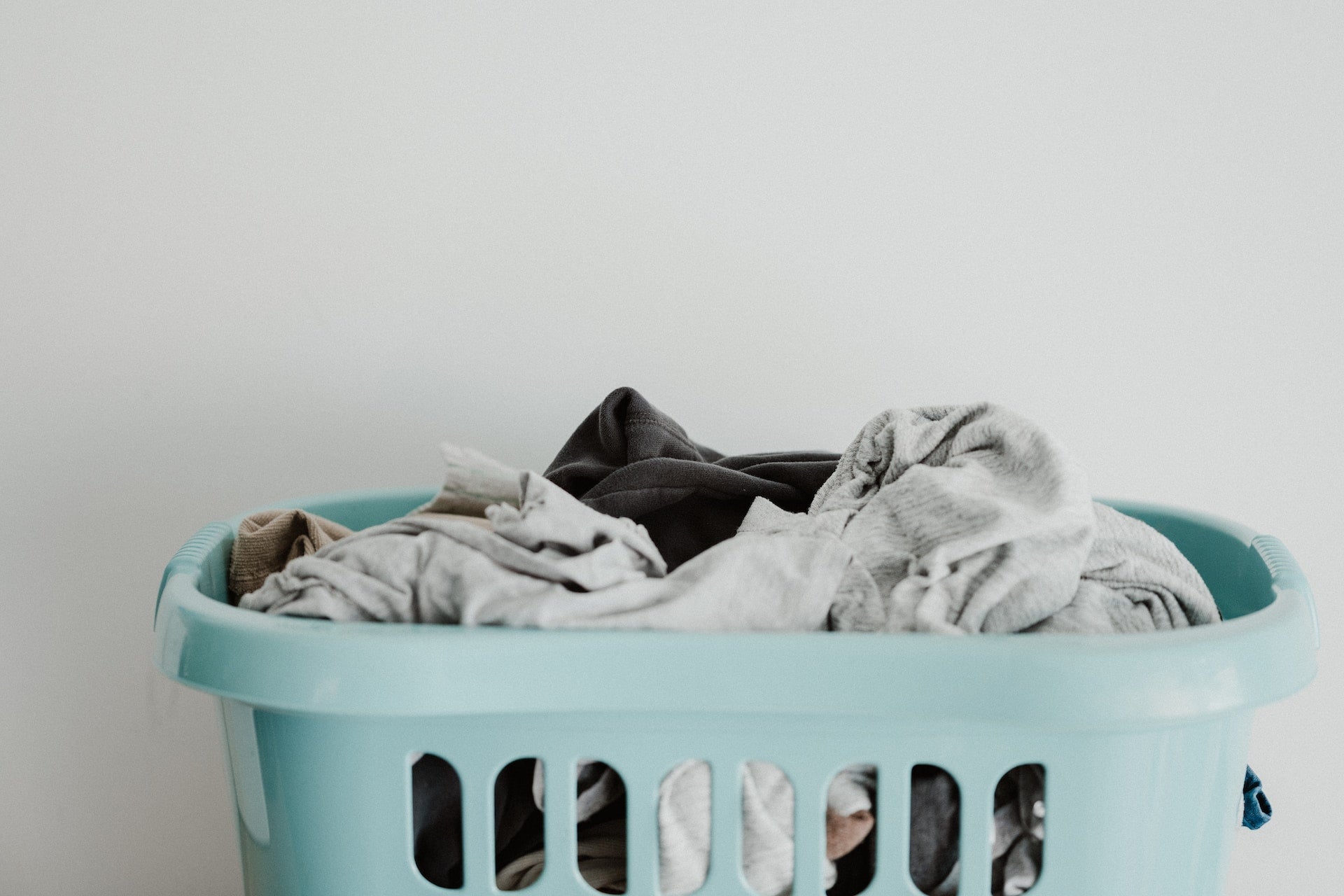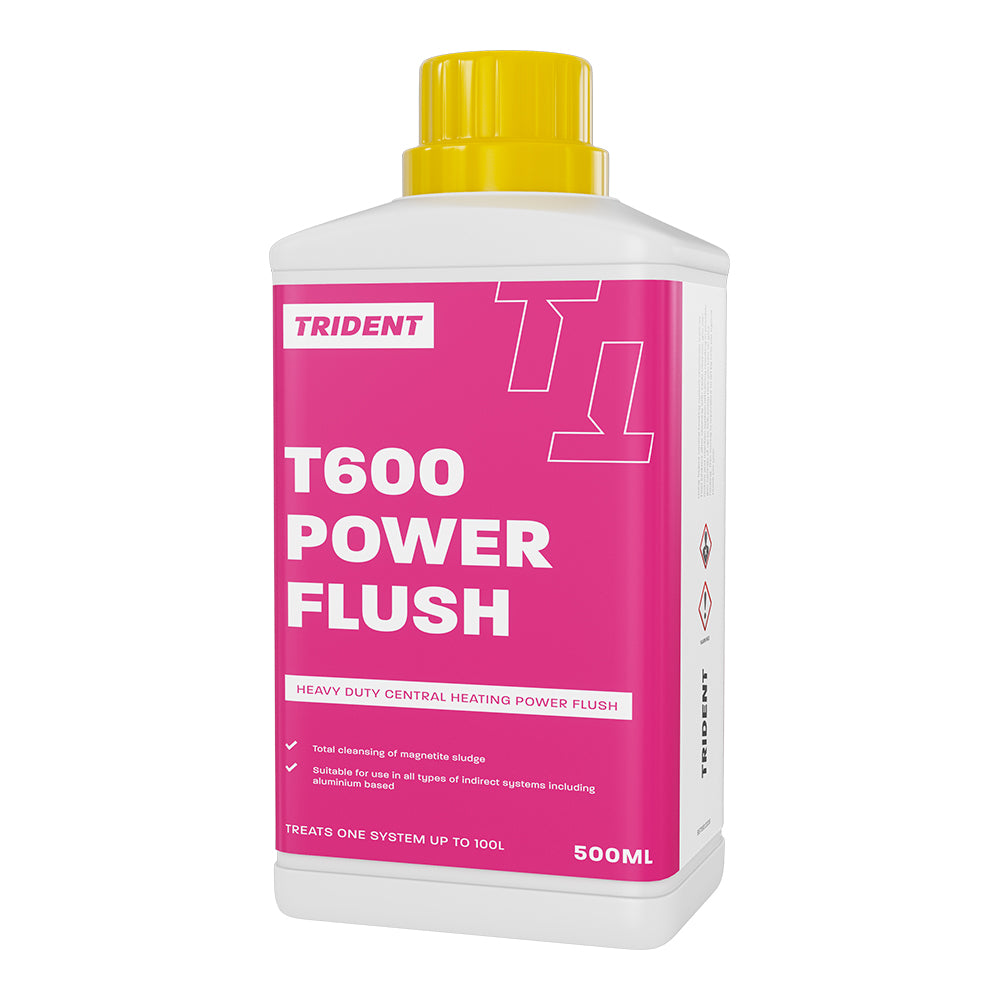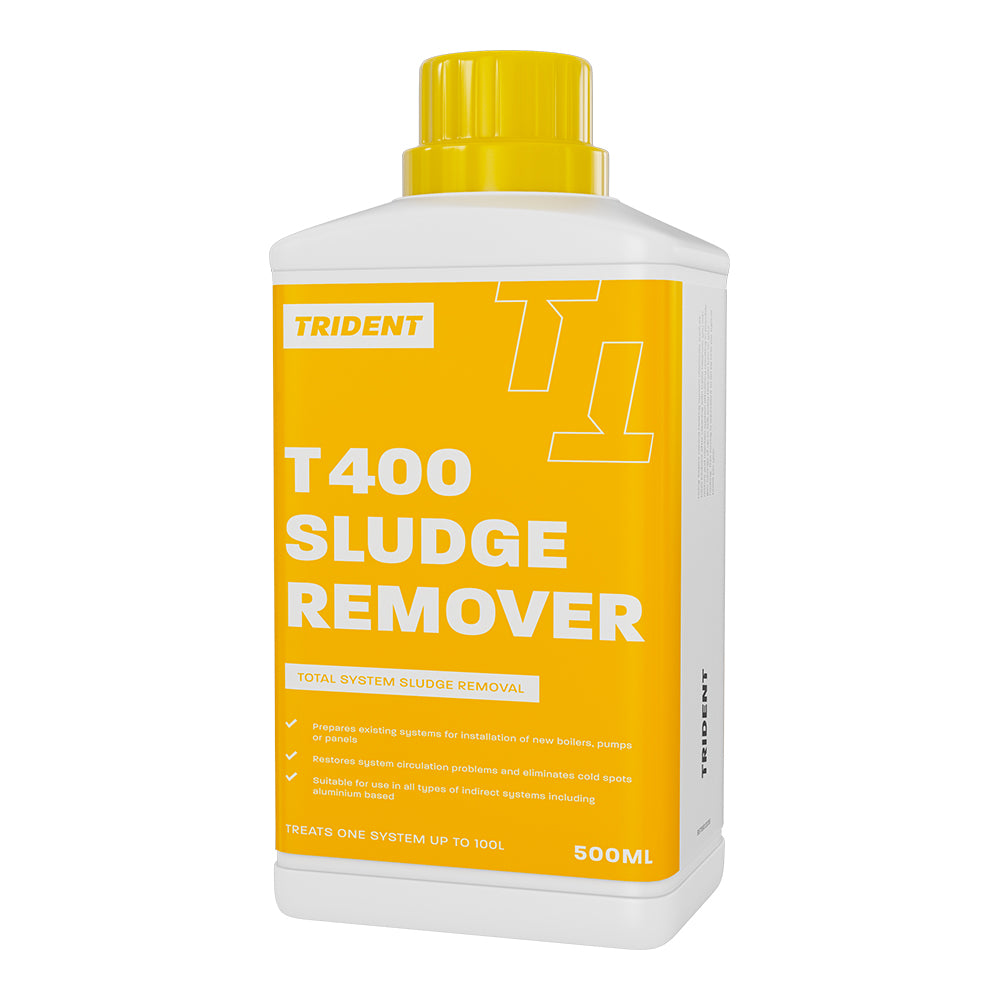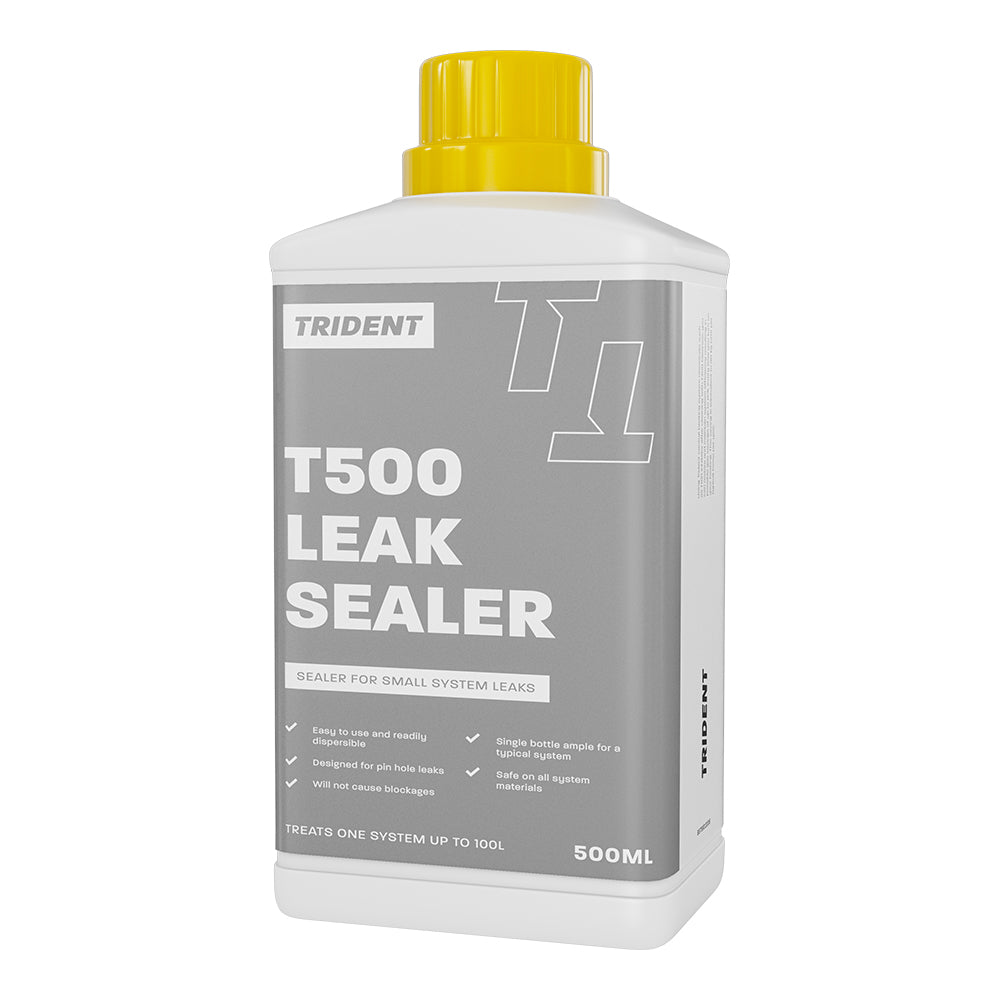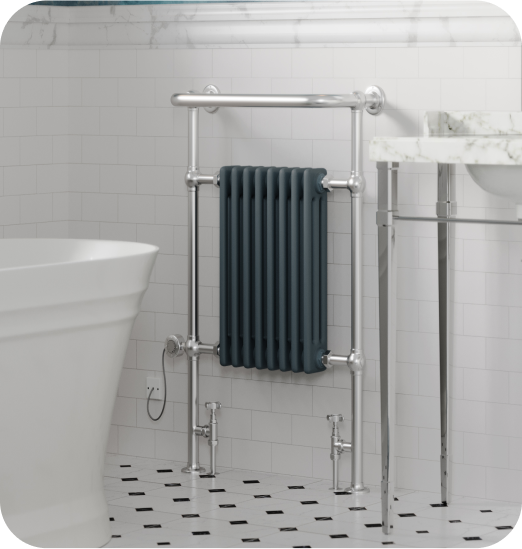
Size Matters - UK Radiators Survey
As a leading provider of heating solutions, we are committed to understanding the needs and preferences of the general public when it comes to energy prices, radiator sizing, and making homes more efficient. To gain valuable insights, we conducted a survey where we asked 2,017 UK adults 5 statement questions.
To illuminate the discoveries unearthed, we engaged in enlightening discussions with prominent media outlets and podcasts:
- Sky News Radio
- Share Radio
- Radio Essex
- Deveron FM
- Modern Mindset
- Mix 92.6 FM
- Radio Broadstairs
- Talking Life Network
- Talking Feature Podcast
- The Health and Wellbeing Network
- 101.8 WCR FM
- Castledown Radio
- Unity 101
- Prince Bishops Hospital Radio
- Connections Radio
- Oldham Community Radio 99.7 FM
For a glimpse into our insightful conversations, watch one of the interviews here:
Embark on a journey through the survey's findings as we unravel tips and strategies to optimize your home and heating system, ensuring maximum efficiency.
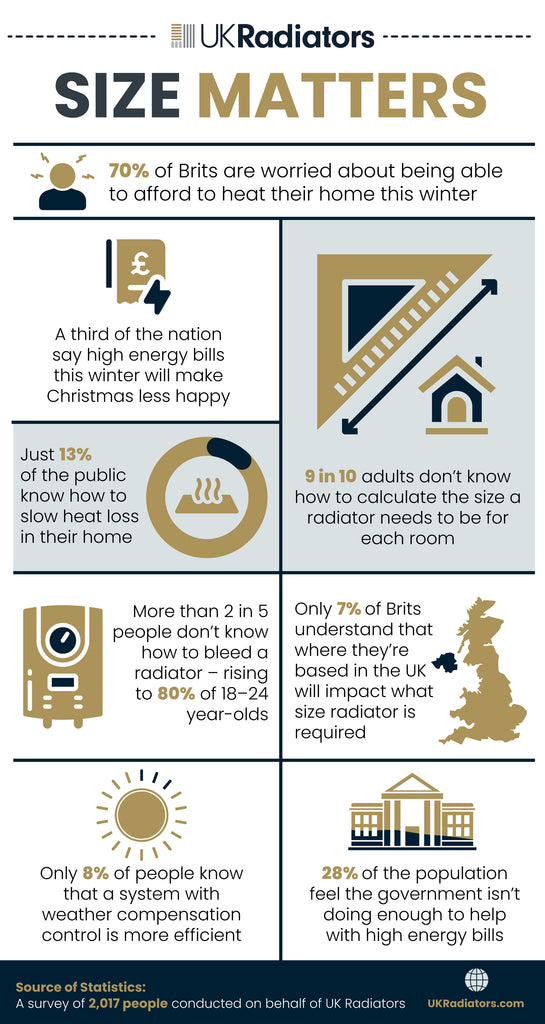
Rising Energy Prices
The United Kingdom has been grappling with a growing concern that's affecting households and businesses alike - the rising cost of energy. As we continue to experience fluctuations in global energy markets and the transition to greener, more sustainable energy sources, the general public in the UK is becoming increasingly anxious about their energy bills.
Our survey found:
- 70% of the people asked agreed they were worried about heating their homes due to rising energy prices. Those in the midlands are the most concerned.
- 34% of people said that rising energy bills mean they will not be able to heat all the rooms in their homes.
- 18% of people stated they will not be able to afford to heat their homes. 20% of these were people aged between 18 and 24.
- Sadly, 14% of people said they will need to choose between eating and heating over winter. 22% of these people were divorced.
The energy price concerns of the general public in the UK are a pressing issue that requires attention and action from various stakeholders. As the country navigates the transition to greener energy sources, it's crucial to find a balance that ensures sustainability without disproportionately burdening households and businesses. By implementing energy-saving measures, offering financial support to those in need, and continuing investments in renewable energy, the UK can mitigate the effects of rising energy prices and build a more resilient and sustainable energy future.
Home Heating
One promising approach to alleviate concerns about soaring energy bills is to enhance the efficiency of your home heating system. This may entail substantial transformations, like upgrading to a new, more energy-efficient boiler or transitioning to a heat pump. Alternatively, you can opt for more modest adjustments, such as installing a smart thermostat or Thermostatic Radiator Valves (TRVs) on your radiators.
Reviewing the results of our survey, it is clear that people are keen to make changes that will save them money but many don't know where to start:
- Almost half of those asked (47%) said they would consider ways to reduce their heating bills.
- Only a quarter of people said they know how to make their heating more efficient. Our energy saving section is a great place to start.
- 42% of people already use a standard thermostat to regulate the heating in their homes, while only 14% of people said they use a smart thermostat. Meaning that just under half of the UK doesn't use a thermostat to control their heating.
- 40% of people agreed that turning down their boiler temperature would save them money. Worryingly, 18% of people believe they can lower the temperature of their boiler to any number to save money. Doing this could lead to serious health issues, so if you are considering doing this but want to do so safely, check out our blog - Should I Turn My Boiler Flow Temperature Down To Save Money?
- Only 33% of people agreed that drafts in their homes will make their energy bills higher. Shockingly, only 13% of people know how to slow heat loss in the home. Draft proofing is a relatively simple method to reduce heat loss from your home and therefore, reduce how hard your boiler and radiators need to work to heat the home. You can see more ways to reduce heat loss here.
Radiators, Maintenance & Technology
Radiators are a crucial part of your home heating system and, in turn, how much energy you use (and pay for). Having the right radiators in each room is an obvious place to start, but after you've chosen and installed your radiators it's easy to forget about them. Over time, this can lead to inefficient radiators and have some unhealthy impacts on your heating system as a whole.
Let's take a look at our survey results to see what the general public thinks:
- 52% of people turn off the radiators in some rooms to save money on heating bills. While 4% of people said that turning down radiators will raise the heating bill as other radiators will need to work harder. Turning down radiators in unused rooms will save you money. However, these colder spaces will have an impact on the adjacent heated rooms. This is not to say that overall it will cost you money because the savings of not heating unused rooms are greater than the cost of maintaining a heated room's desired temperature. Should I Turn My TRVs Off To Save Money On Heating? is a comprehensive guide on how to adjust the radiators in each room to ensure you save money.
- 38% of people surveyed believe that old radiators are less efficient than new radiators. This can be the case when the radiators haven't been maintained properly. Things like trapped air and sludge build-up are more common in older radiator systems and stop radiators from heating to their full capacity.
- 57% of people know how to bleed radiators (yay!), but for those who have yet to experience the benefits of releasing trapped air from your radiators, check out our step-by-step guide. If you know how to bleed your radiators but you don't enjoy the process, you may want to invest in some automatic bleed valves. Despite what 4% of you think, these handy little devices save you effort, time and money!
- The stats on checking our radiators and boilers aren't too positive with only 29% of us regularly checking the boiler water pressure; 25% of us having our systems regularly serviced by a professional; and only 20% of us check our radiators for issues. Therefore, it's likely that a lot of us are losing valuable pennies through un-maintained inefficient radiators & boilers.
- A staggeringly low 8% of people believe that a system with weather compensation control is more efficient. Weather compensation is the process of adjusting your central heating boiler temperature based on the outside temperature. It is possible to manually adjust your system based on the weather, but it's a lot of work, as detailed in our guide. Most modern boilers are designed to work with weather compensation devices, making this the simplest way to save a noticeable amount on your heating bills.
This part of the survey also highlighted that a small percentage of people have some beliefs that we would like to set the record straight on.
- "Painting a radiator black makes radiators more efficient". Firstly, incorrectly painting a radiator (no matter the colour) can harm its efficiency as you have added another layer to the radiator that needs to be heated by the hot water inside before the heat can be transferred to the air in the room. So it's vital that you paint the radiator properly, following all the necessary steps and, most importantly, using the right type of paint. Darker-coloured radiators can indeed emit more heat than light-coloured radiators, but the difference is so minimal it's barely worth mentioning - we're talking around 1%.
- "You cannot heat a home with a heat pump". As a broad statement, this is incorrect. It is fair to say that your home may not be suited to a heat pump system due to your geographical location, we have raised our concerns about this here. It's definitely worth doing the research and consulting a professional before changing to a heat pump system. But for some, heat pumps can work well and save you money long term if you are willing to make the initial investment in the heat pump and larger radiators.
- "Radiators that look good are not as effective at heating"/"The uglier the radiator the more energy efficient it is" these are both true and false. There are some radiators which are created with a bigger emphasis on design than heat. The efficiency of a radiator boils down to its material, size and water content, and there are so many designer options that are both stylish and efficient.
- "Radiators are the ugliest thing in most rooms"... definitely not true, not with ours anyway!
Radiator Sizing
Our final part of the survey was all about radiator sizing and positioning. When we think about radiator sizes, we think about the height, width and depth of the radiator and how much space it is going to take up in our room. However, what we really should be thinking about is the amount of heat that the radiator can give off - its heat output - and if that is big enough for our room's heat loss. It's so important not to purchase a radiator based solely on its physical size, doing so could leave you shivering with regret!
A radiators material directly impacts its heat output, for example, if you needed a radiator with a 1000w heat output (at delta 50), and compared a similar style radiator but one was made from aluminium and one was made from steel, the aluminium one would likely be smaller and require less water (less water = more efficient = lower heating bills).
The survey findings:
- 47% of people know that larger rooms will need more than one radiator. When we consider that 11% of people also believe that radiators take up valuable wall space, it makes sense that radiators can only be so physically big before they cover the whole wall. So having multiple reasonably sized radiators spread across the room is a better alternative.
- 24% of us have sofas and beds positioned close to our radiators, 10% of us cover our radiators with curtains and 8% of us have our radiators hidden by a cover. All of these will negatively impact the radiator's ability to heat the air in the room. Where possible, it's best to move furniture away and shorten curtains so they aren't blocking the radiators, you can also read the truth behind radiator covers here.
- 21% of us believe that radiators should never be placed under a window, while 20% believe that radiators should always be placed under windows. It seems our survey has confirmed that this age-old debate continues to divide the general public. Our view? If you have used an accurate BTU calculator like Radsizer® then the heat loss of the room (and the window) has already been taken into account and the required heat output value provided will be enough to heat the room whether the radiator is under the window or not.
The most concerning findings from this part of the survey were those specifically around radiator sizing. Only 17% of those asked knew the correct size of a radiator for a room, with an even lower 9% stating they were aware of how to calculate the size of a radiator needed for a room. This means that a staggering 74% of people don't know the right size radiators for their room or even how to calculate this.
While these numbers are concerning, they aren't unexpected. We've been in this industry long enough to know that there is a clear lack of understanding around home heating and radiators, but worse than this, there is a clear lack of guidance from those in the industry. This is why we created Radsizer®, our comprehensive BTU Calculator. Radsizer® asks all the relevant questions needed to produce an accurate heat output requirement for your room, so you can be sure that you purchase the right radiator for your room and heating system. There are many other BTU calculators available to use online, but most ask only a few questions which simply aren't enough to produce an accurate heat output value.
No matter the type of purchase, whether online or in-store, you put an element of trust in the company selling the product to you. But sadly, the company may not reciprocate that trust with honesty. This is true for many companies in our industry who provide false and misleading information about their radiators. This can be in the form of inflated heat outputs, false certification markings, and hidden delta ratings. Even those who have done their research and used Radsizer® to get an accurate heat output value for their room may end up being betrayed by the company they choose to buy from.
So how can you protect yourself against these companies? Always look for 3rd party verification. This proves that an independent body has looked at the products, checked test reports and concluded that the data shown on the website is accurate. Our 3rd party verifiers are ethy and MARC (Manfuacturers’ Association of Radiators and Convectors). If you don’t see any 3rd party verification but would still like to purchase from that company, you are well within your rights to ask to see the test report for the radiator. There is only one testing facility in the UK - BSRIA, so the test report should have this branding and for a product to be UKCA marked it has to go through BSRIA.
Now, if you can't see any 3rd party verifications and the company is unable to provide test reports (no matter their excuse), we recommend that you steer clear. The few pounds that you might save on the purchase of a radiator could cost you a lot more on your heating bills because you have likely been sold a radiator with an inflated heat output. As it stands, there are industry regulations but no government body (or anyone else) is enforcing them. So, It's simply not worth the risk.
In summary, our survey has uncovered valuable insights into the concerns and preferences of the UK public regarding energy prices, home heating, and radiator efficiency. The findings highlight the growing apprehension surrounding rising energy costs and the urgent need for solutions to make homes more energy-efficient.
The survey has demonstrated that many people are eager to reduce their heating bills but lack the knowledge needed to do so effectively. This knowledge gap underscores the importance of accessible guidance and resources to empower individuals to make informed decisions about their home heating systems.
Efficiency improvements in home heating systems, along with proper maintenance and technology like weather compensation controls, can play a pivotal role in mitigating the impact of rising energy prices. Radiators, as a vital component of the heating system, require attention and care to ensure optimal performance.
Finally, radiator sizing is an essential factor in heating system efficiency. The findings emphasize the need for more education and tools like Radsizer® to help individuals choose the right radiators for their spaces. It also highlights the importance of third-party verification when purchasing heating products to avoid inflated heat outputs and ensure accurate data.
In a time of rising energy costs and increasing environmental awareness, it is crucial for individuals to make informed decisions about their home heating systems. With the right knowledge and resources, they can take control of their energy bills and contribute to a more sustainable future.

















